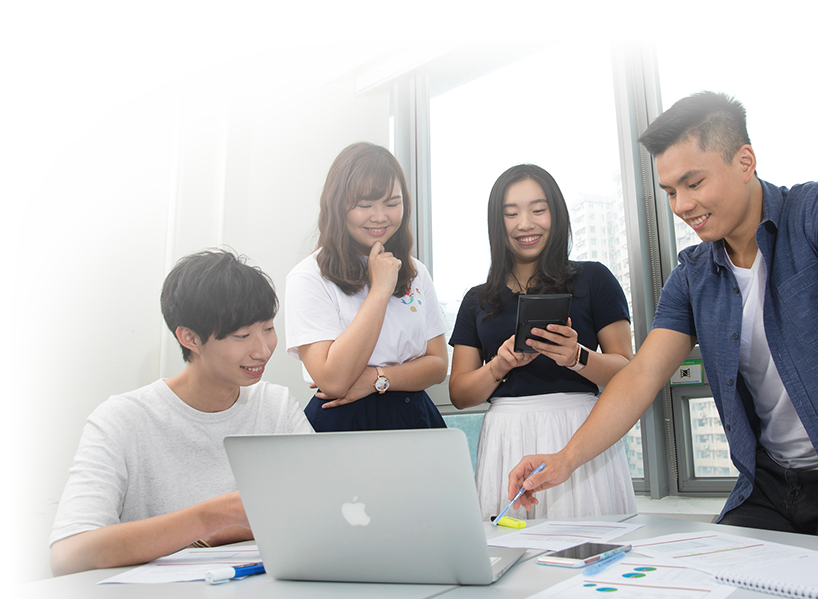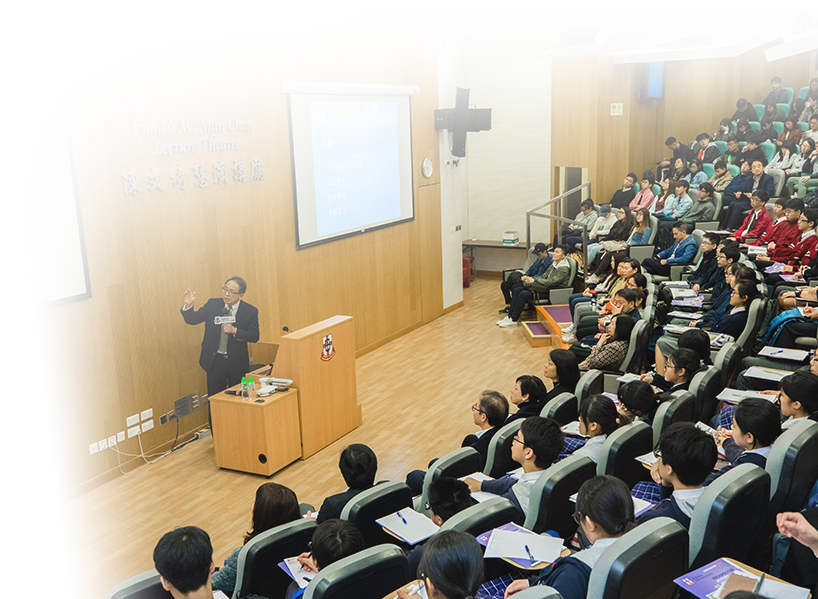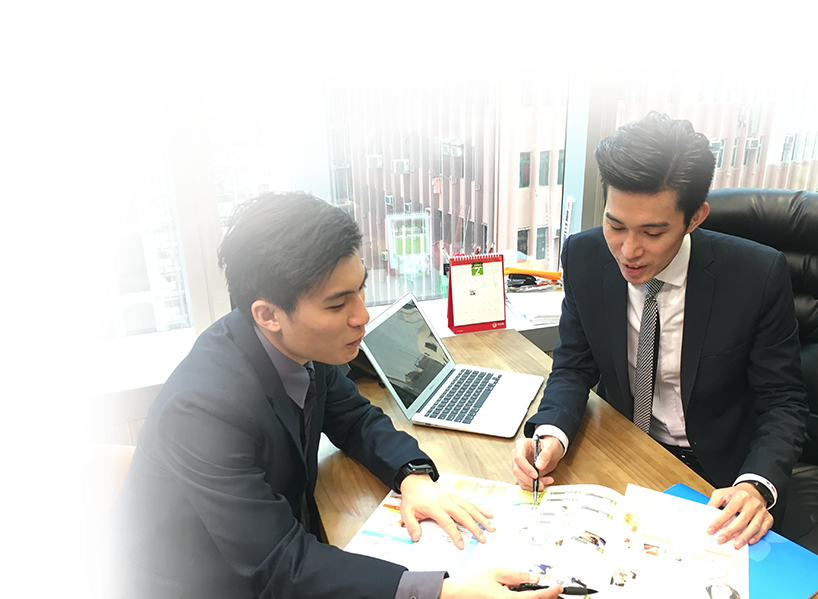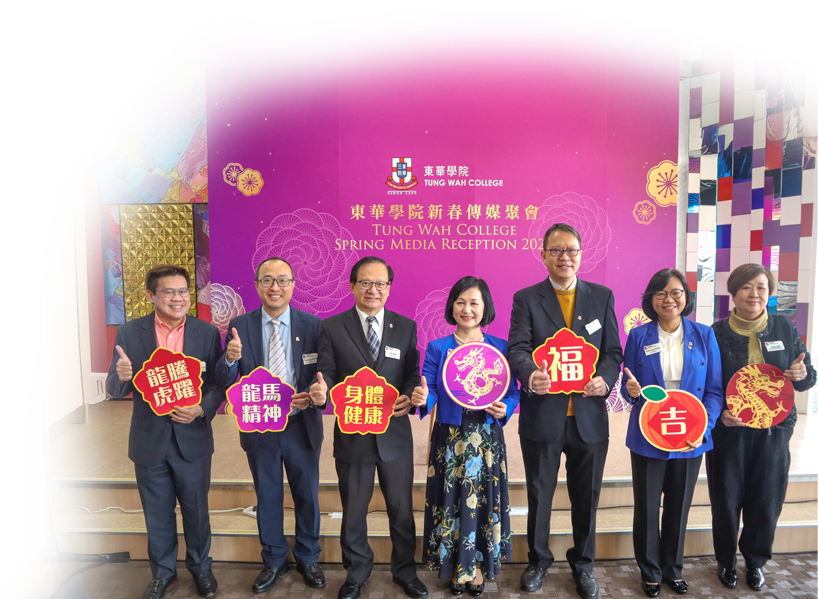

-
Bachelor’s Degree Programmes
-
Sub Degree ProgrammesDiploma ProgrammeCertificate Programme
-
Mainland Admission

 Administration Units
Administration Units
 News & EventsELITE2023 Call for Papers
News & EventsELITE2023 Call for PapersInternational Conference on Engaged Learning & Innovative Teaching in Higher Education (ELITE 2023)
[Call for Papers] | [Organization] | [Programme] | [Important Dates]| [Download Full Programme]
15th – 17th November 2023
Host at: Tung Wah College (TWC), Hong Kong (conducted live online)
Organized by: The Centre for Innovative Teaching and Learning (CITL), Tung Wah College, Hong Kong
Enquiries: [email protected]
Conference Chair
MA, W. K. Will,
Professor of Teaching and Learning
Tung Wah College
Hong Kong SAR
ChinaInternational Advisory Board
- HONG, Christina, Central Queensland University, Australia
- KEINÄNEN, Meiju, Turku University of Applied Sciences, Finland
- LIU, Christie Juhong, James Madison University, USA
- LIU, Meifeng, Beijing Normal University, China
- WONG, Katrine K, University of Macau, Macau SAR, China
International Programme Committee
- CHAN, Wendy Wing Lam, HKUSpace, Po Leung Kuk Stanley Ho Community College, Hong Kong SAR, China
- CHENG, Kam Yuen, Ara Institute of Canterbury, New Zealand
- CHOY, Monica Wai Chun, Technological and Higher Education Institute of Hong Kong, Hong Kong SAR, China
- CHUN, Wai Sun Derek, The Education University of Hong Kong, Hong Kong SAR, China
- HAR, Frankie TK, The Hong Kong Polytechnic University, Hong Kong SAR, China
- HUNG, Kin Ho, Benson, Vocational Training Council, Hong Kong SAR, China
- HÜSTER, Eberhard, Balthasar-Neumann-Technikum (BNT) Trier, Germany
- LAI, Christopher Wai Keung, Singapore Institute of Technology, Singapore
- LAM, Chi Ming, The Education University of Hong Kong, Hong Kong SAR, China
- LAM, Kim Hung, The Hong Kong Polytechnic University, Hong Kong SAR, China
- LAU, Yui Yip Joseph, The Hong Kong Polytechnic University, Hong Kong SAR, China
- POOKE, Grant, University of Gloucestershire, United Kingdom
- SCHÄFER, Michael, Balthasar-Neumann-Technikum (BNT) Trier, Germany
- SONG, Zhaoxun Howard, The Hang Seng University of Hong Kong, Hong Kong SAR, China
- TANG, Hei-hang Hayes, The Education University of Hong Kong, Hong Kong SAR, China
- TONG, Kar-wai, City University of Hong Kong, Hong Kong SAR, China
- YAU, Siu Ho, Thomas, The Education University of Hong Kong, Hong Kong SAR, China
- YEUNG, Alexander S., Australian Catholic University, Australia
- YE, Xiaofang, Wenzhou University, China
Call for Papers
In response to the challenges, a new paradigm of educating for knowledge and educating for skills has arisen in higher education. Reports and media quotes described that: "Colleges are failing to meet the demands of students and the outcome is a crisis for universities. Students are looking for career-aligned diplomas elsewhere," Utah "continues in the steps of other governments and private firms that have shifted away from requiring a four-year degree to fill 98% of state executive branch posts," “More than 70% of employers claim that a college education is no longer a trustworthy indicator of an employer's quality,” "The feedback mechanism that is the characteristic of the majority of jobs today is not present in the college classroom, which reinforces the message that failure is unacceptable and the majority of students have never experienced it," and so on.
Higher education academics have long held the view that a college's role is to provide students with a wide education, and they continue to be extremely wary of anything that suggests vocational training. The idea that firms prepare workers for employment while colleges provide general education for life must be challenged if higher education is to remain relevant to students. There have been suggestions that there is no reason why colleges shouldn't offer both a broad education and the specialized skills required for the industry. One of the issues with higher education today is that even when the most beneficial learning opportunities are increasingly occurring outside of the classroom or away from campus, students are still paying ever-rising tuition prices for the academic experience on campus. To meet students' expectations for return on investment, higher education must re-think on how to tackle the challenges.
In order to adapt to it and reinvent curriculum, teaching pedagogies, assessment, and make higher education more relevant to students' lives and therefore more engaging, innovative ideas, models, and frameworks are developing, experimenting, and evaluating.
For instance, the 60-Year Curriculum, which is centered on lifelong learning about occupational changes and transition and was proposed by Christopher Dedi and his colleagues, aims to build young people's capacity for constant reinvention to deal with an uncertain and changing workplace and to take on occupations that do not yet exist in response to longer life, longer working careers, and more education at older ages. As another illustration, Arizona State University has experimented with a degree program where students learn the material for their majors through a series of projects rather than a set schedule of classes or a traditional degree program based on courses. This allows students to apply a theory while they are learning about it. Additionally, a new degree program at Georgetown that combines academic and employment goals. Within the same time frame of four years, it combines a bachelor's degree in the liberal arts with a master's degree in a particular field. Professors define the skills that students must acquire in order to achieve combined undergraduate and graduate degrees, moving away from the course as the only means of evaluating learning. Nearly half of University of Waterloo's 35,000 students alternate four-month periods on campus and in the workforce as part of the largest co-op program in the world. Learning outside of the classroom and even after college graduation is encouraged through programs including post-college bridging programs, co-ops, apprenticeships, and internships. Many new start-ups, such as Koru, Minerva University, boot camps, Venture for America, and others, have popped up to complement, if not compete with, college education and fill the gaps left by colleges.
The goal of this conference is to offer a platform for dialogue on higher education design on a worldwide scale. It cordially encourages contributions to report cutting-edge analysis, case studies, theory, and application on any subject related to higher education, including but not limited to:
- Objectives and structures for designing higher education
- Curriculum and program design
- Innovative teaching pedagogies and Instructional design
- Learning analytics, assessment and feedback
- Informal learning opportunities and experience
- AI, IoT, VR/AR/MR, automation, robotics applications in learning
- Blended/hybrid/flexible learning and environments
- Open learning content, open educational resources, open courses
- Building communities among learners and teaching professionals
- Industry and professional body partnership learning design
International Conferences, Symposiums, Seminars+ The Centre for Innovative Teaching and Learning (CITL)- About CITL
- Advisory Committee & Executive Committee
- International Conferences, Symposiums, Seminars
- Academic Staff Professional Development Framework
- Technology-Enhanced Learning (TEL)
- College Teaching Grant (CTG)
- Teaching Excellence Award (TEA)
- Teaching and Learning Resources
- Learning and Teaching Seminars (LTS)
- News and Events
- I-Cap Student Research Project (I-Cap)
- Photo Gallery
-













